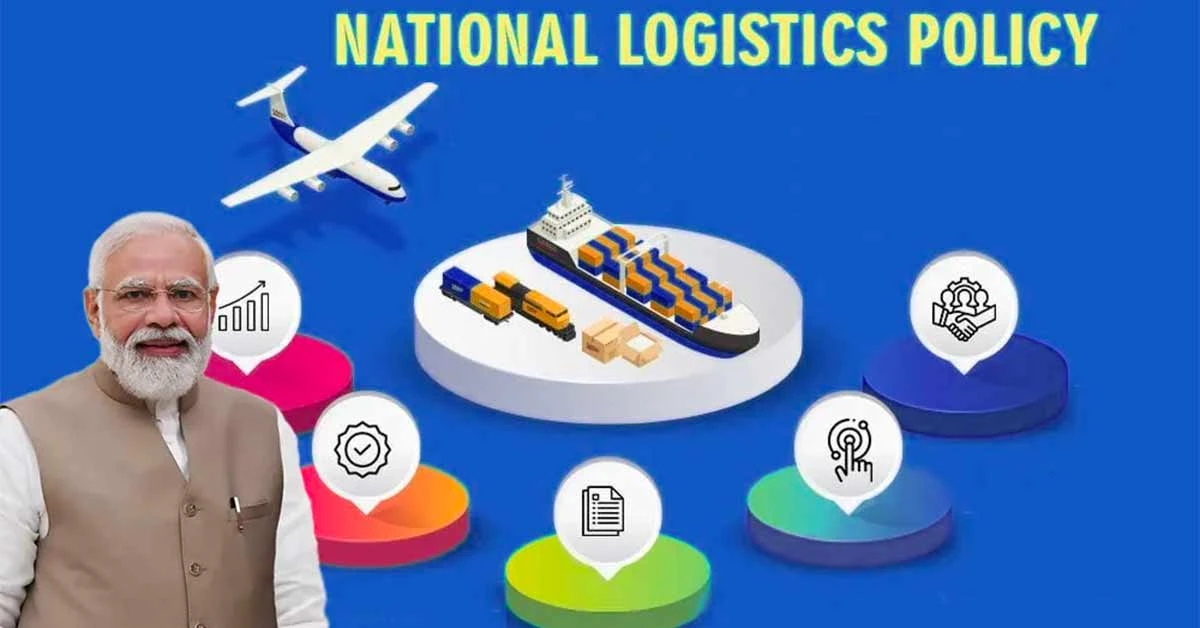Free Courses Sale ends Soon, Get It Now


Free Courses Sale ends Soon, Get It Now



Copyright infringement not intended
Picture Courtesy: www.techjockey.com
Context: The Union Government is to celebrate the first anniversary of the launch of the National Logistics Policy (NLP) on September 17, 2023.
National Logistics Policy (NLP)
About
Vision
Targets
Comprehensive Logistics Action Plan (CLAP)
Progress on Implementation of NLP & CLAP
Conclusion
Must Read Articles:
National Logistics Portal: https://www.iasgyan.in/daily-current-affairs/national-logistics-portal
National Logistics Policy: https://www.iasgyan.in/daily-current-affairs/national-logistics-policy
|
PRACTICE QUESTION Q. What are the key objectives and targets outlined in India's National Logistics Policy? How has the policy contributed to improving the efficiency and competitiveness of the country's logistics sector since its launch? What challenges have emerged in its implementation, and what strategies are being employed to address them? What potential impact does the National Logistics Policy have on India's economic growth and global trade competitiveness in the coming years? |
https://pib.gov.in/PressReleasePage.aspx?PRID=1957407
https://t.me/+hJqMV1O0se03Njk9
© 2024 iasgyan. All right reserved